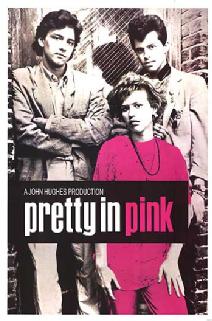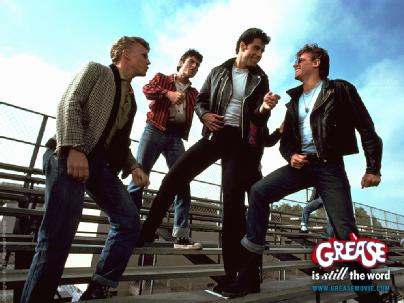Frances Smith
Research Project: Genre Trouble: Performativity in the Teen Movie
Supervisor: Catherine Constable
Email:f.c.e.smith@warwick.ac.uk
Overview:
My research explores representations of gender and class in the Teen Movie. Despite, or perhaps because of, its frequent success at the box-office, there has been a tendency to dismiss the genre as merely ‘the odious commercial norm’ of Hollywood cinema.[1] Consequently, although the work of Timothy Shary and David Considine has done much to promote the Teen Movie as an area of legitimate academic enquiry, the genre remains under-theorised.
Close textual analysis of key examples of the genre is accompanied by Judith Butler’s work on performativity, where gender’s seeming ontological essence is revealed to be the effect of repeated ‘acts, gestures and desire.’[2] Importantly, rather than attempting simply to apply Butler’s work to the texts, the thesis engages in a feedback loop such that the Teen Movie is shown to complicate elements of Butler’s theories, just as her work elucidates aspects of the genre.
Following a review of the literature on the teen genre, and an overview of Butler’s conceptualisation of performativity, the thesis is divided into three sections examining a critical area of Butler’s work and the Teen Movie.
Accordingly, the first chapter explores the significance of the prom as narrative conclusion, and as a locus of gender and class interpellation in three School Films. Secondly, observing the centrality of performance to Butler’s theorisation, the following section analyses star performance and film acting in relation to three interpretations of the juvenile delinquent archetype. The final chapter discusses constructions of the past in the Teen Movie.
The thesis illustrates the complexity of many examples of the Teen Movie and demonstrates the continued interest of Judith Butler’s work for Film Studies. Significantly, the project also complicates the theorist’s work, most notably by exploring the transition between childhood and adulthood gender identities. Though not considered by Butler, this is an area uniquely complicated by the Teen Movie.
Selected Corpus
Rebel Without a Cause (Dir. Nicholas Ray, 1955)
Pretty in Pink (Dir. Howard Deutch, 1986)
Grease (Dir. Randal Kleiser, 1978)
Heathers (Dir. Michael Lehman, 1989)
American Graffiti (Dir. George Lucas, 1973)
[1] Armond White quoted in T Shary, 2005, American Youth on Screen, London: Wallflower, p. 12
[2] J Butler, 1990, Gender Trouble: Feminism and the Subversion of Identity, London: Routledge, p. 185

Pretty in Pink (Dir. Howard Deutch, 1986)

John Travolta (centre) with the T-Birds in Grease (Dir. Randal Kleiser, 1978)
